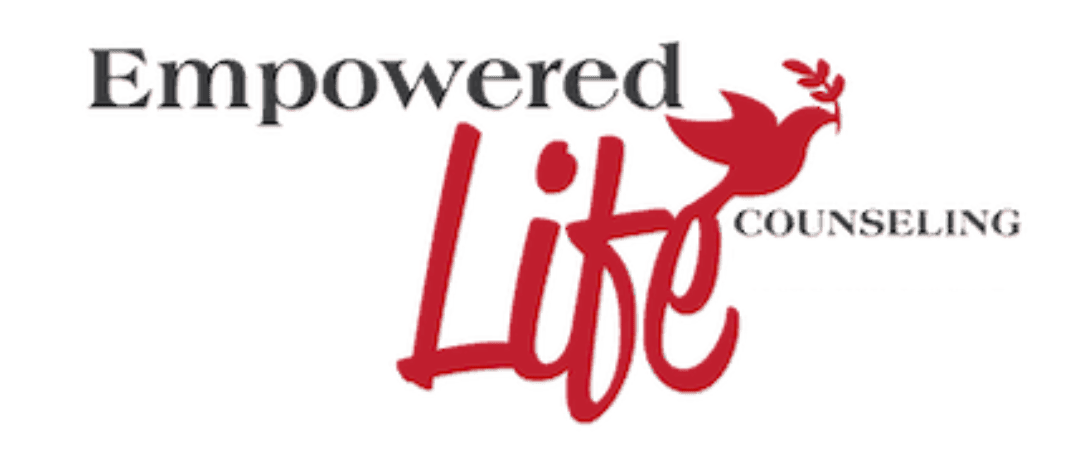17 Feb Connection: What is Driving Us Apart?
Connection: What is Driving Us Apart?
by
Laura James, LPC-S
I hear a long pause on the other end of the phone. In the years of working on a mental health crisis line answering calls, I know the mistake I’ve just made. A person has called in struggling with their crisis, overwhelmed by their emotions, thoughts, and feeling alone. They haven’t slept in days and feel pushed past their breaking point. Hoping to highlight that hope is on the horizon, I say “Since you were able to fill your sleeping medications today, do you think you’ll feel better once you get more rest?” The pause on the other end resonates with me and speaks to the distance felt between the caller and myself in that moment. I take a deep breath and use the silence to try again “It makes sense that you are feeling this low. I can’t imagine dealing with all that you have in such a short span of time.” The caller responds and it’s clear that we are getting back on track and I’ve been allowed another opportunity to attune to their experience and build a connection.
Although you may have never worked on a crisis line, you probably have been confronted by someone struggling with their emotions or thoughts. Similar interactions to the one I had on the crisis line occur every day between client and therapist, parent and child, spouses, friends, even coworkers. When you hear someone express frustration with their job, fears about their life not improving, strife with their family, or any other experience that they are having difficulty with what is your most common response? Perhaps when we hear the people in our everyday lives struggling it sounds more like “complaining” or “being negative,” but at the heart of these interactions is often the same desire to be seen, understood, and connect with others. We may attempt to alleviate a person’s distress by giving advice or trying to help them direct their focus elsewhere. Unfortunately, the response most people need when they are struggling is for the listener to lean in and attune to their experience with understanding, empathy, and acceptance.
Are you over-focused on positivity rather than acceptance?
Does complaining grate on your nerves? When people get frustrated does it make you nervous? Some emotions are more commonly deemed as “negative” in our culture (fear, anger, sadness, or disgust) and are therefore more likely to be avoided or dismissed when felt by ourselves or observed in others. If we feel uncomfortable with a certain emotion and have dealt with this emotion by minimizing or attempting to dismiss it quickly, it makes sense that we would attempt to redirect someone else who comes to us experiencing this emotion. We may say things like:
“Well it could be worse…”
“Getting angry never solved anything…”
“Don’t overthink it…”
“You shouldn’t feel that way…”
This is most likely an attempt to alleviate their emotional experience. This has been termed as “toxic positivity” because it blocks the connection between you and the person struggling.
Pick one person in your life that you see as dealing with a lot of “negative” emotion and ask yourself these questions.
What emotions do you experience when you are around this person?
What thoughts do you have about yourself when you are
around that person and they are struggling?
How could you be more curious in your next interaction
with this person about their experience?
Are you a master problem solver and unintentional invalidator?
Perhaps it is our overwhelming desire to help others not feel the emotions that seem to be troubling them that cause us to leap to problem-solving so quickly? Our culture praises the ability to solve problems, so most of us are geared to look for solutions quickly and generally miss the crucial elements, understanding and validation, the foundation of connection and communication when people around us are struggling. We fail to realize that most of the people who are sharing their struggles with us are fully capable of solving their own problems. This predictable shows up in marriages quite a bit, as humorously depicted in the video below, but I would argue that it extends to our other relationships. If your most common responses start with any of these:
Have you tried…?
You should/I would…?
I’ve found/I’ve done this
you may be resorting to problem-solving instead of connecting.
Seek Understanding
Feeling understood by others is powerful. To understand someone else’s experience, we have to listen without judgment and empathize. Empathizing means to “feel with” and when we feel with others, we are becoming vulnerable by leaning into our own emotions in order to fully understand another person’s experience and share this part of ourselves with them. If you are feeling confused about someone’s experience, approach them with curiosity and compassion. Ask about their experience with open-ended questions.
“Your job sounds really difficult, how are you feeling about it?”
“You seem really down today; do you want to talk about it?”
“I’m so glad you shared this with me, how is this affecting you?”
Brene Brown’s video below describes how empathy allows us to connect.
Validate
Once you understand someone’s experience validation is extending them acceptance. It simply offers the sentiment “I see you; I get you; I care about you.” Validation is not the same as agreeing with someone it is simply recognizing that everyone has their own perspective and emotional experience and voicing your understanding and empathy for them. Validation often sounds like:
“It makes sense you feel like this”
“I think anyone would feel upset/frustrated/sad/”
“What a tough spot to be in”
Communication is a powerful tool. It can be used to drive us further apart or bring us closer together. The choice is ours!
“Our capacity to destroy one another is matched by our capacity to heal one another. Restoring relationships and community is central to restoring well being.” -Bessel Van Der Kolk The Body Keeps the Score

Laura James, LPC-S



No Comments